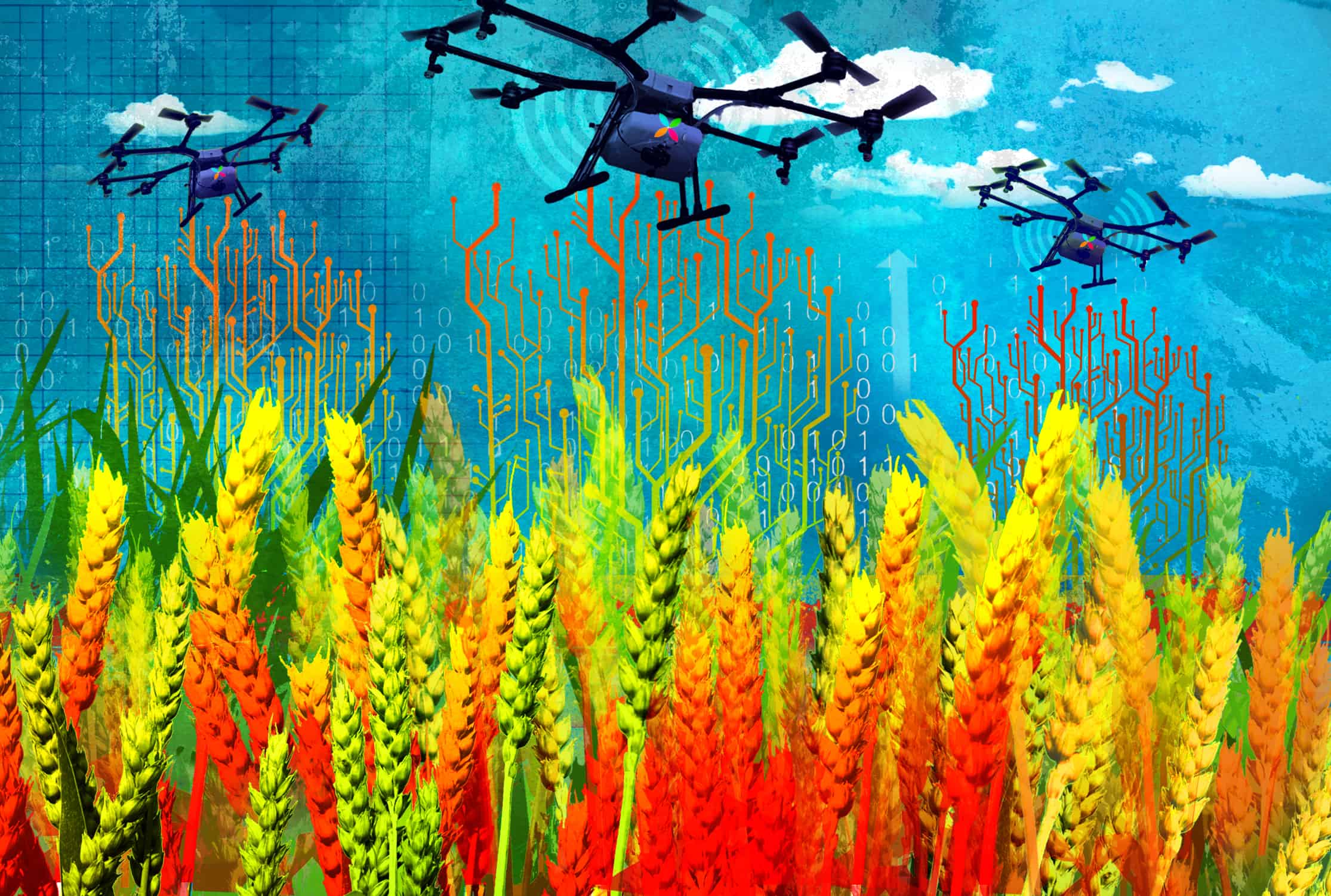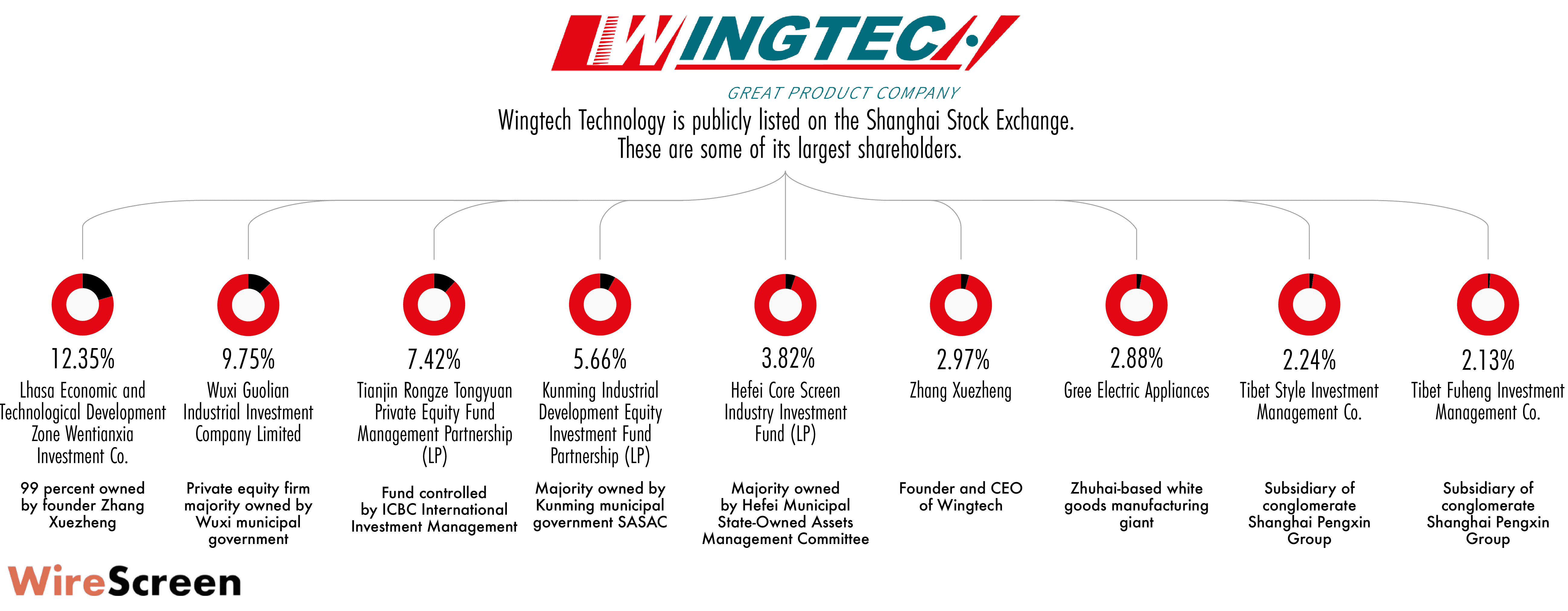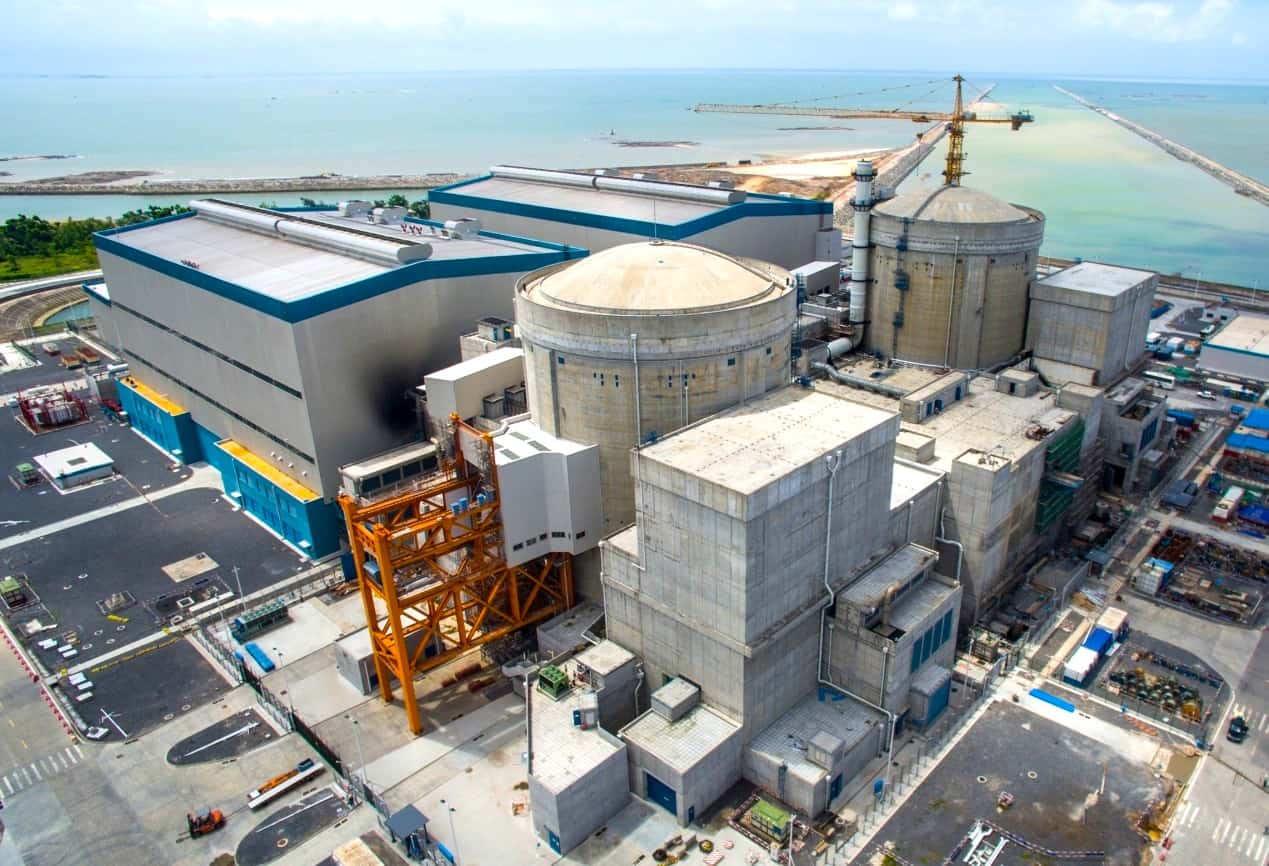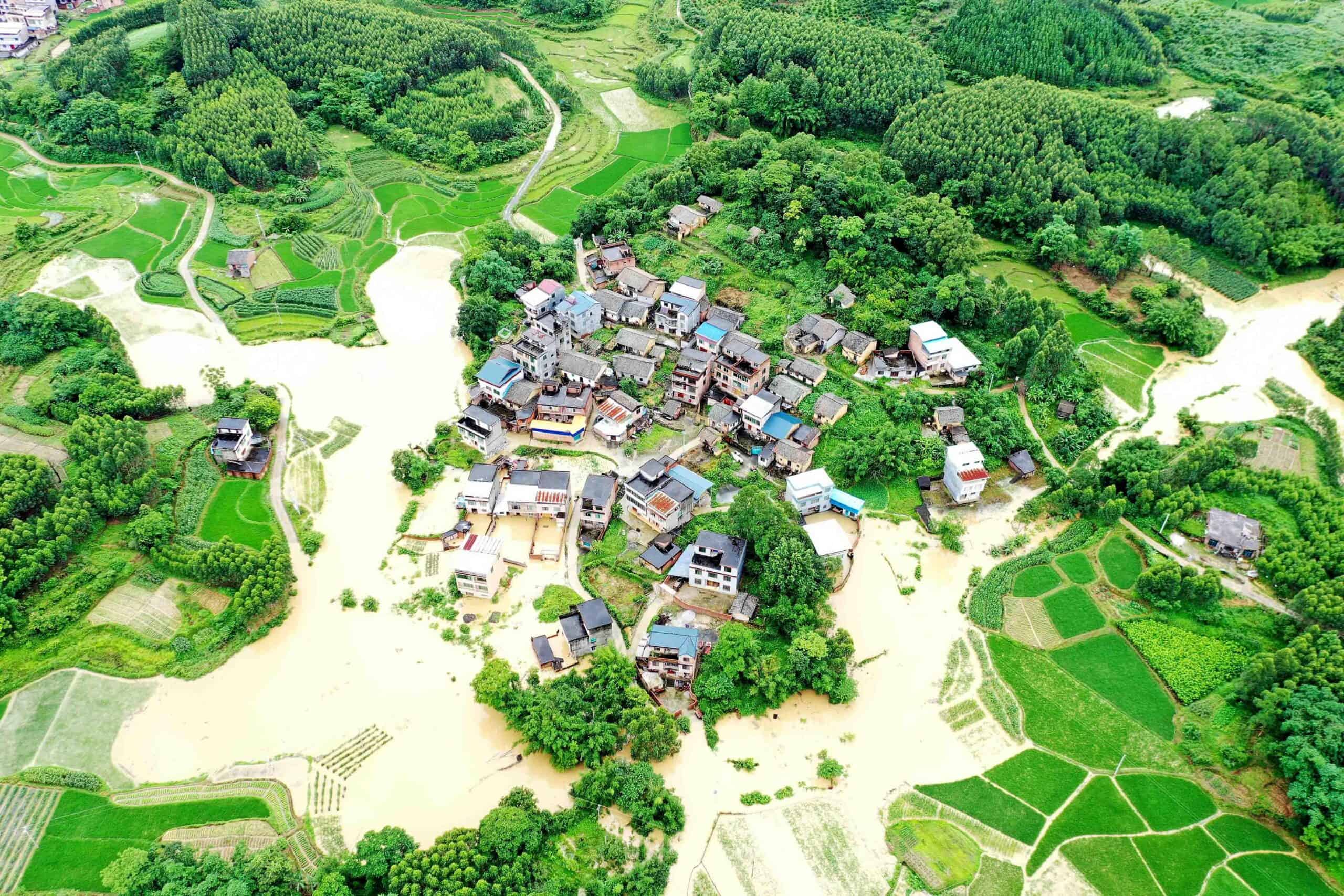Good evening. Emboldened by its ownership of the global agrichemical giant Syngenta, China seems to be crossing the rubicon when it comes to high-tech agriculture. Our cover story this week looks at China’s historic purchase of Syngenta and its expected blockbuster IPO this fall, as well as Beijing’s evolution on genetically modified foods and whether or not Syngenta can help China achieve its long-sought after goal of food self-sufficiency. Elsewhere, we have infographics on smartphone maker Wingtech; an interview with Josh Chin and Liza Lin about China’s ‘all-seeing’ surveillance state; a reported piece on why China is poised to be a leader in next generation nuclear power; and an op-ed arguing it’s time to transform the economics and governance of water. If you’re not already a paid subscriber to The Wire, please sign up here.
Want this emailed directly to your inbox? Sign up to receive our free newsletter.

Seed Savior?
Agrichemical giant Syngenta is unique on the world stage: it is a state-owned Chinese firm with an American CEO. After ChemChina’s historic purchase of the company in 2017 — the largest ever purchase by a Chinese company overseas — Syngenta is now ready for its big China debut with a planned blockbuster IPO in Shanghai this fall. But as Isabella Borshoff reports, while “modernizing” farming in China has been good for Syngenta’s business, helping Beijing achieve its long-sought after goal of food self sufficiency will be a more complicated feat.

The Big Picture: Wingtech Takes Flight
The once little-known Chinese designer of low-end smartphones has become a major contractor for Apple and aspiring semiconductor producer — and the subject of international controversy over its acquisition of U.K.-based chipmaker Newport Wafer Fab. This week, infographics by Eliot Chen look at the low-end smartphone maker: its rapid growth, its evolving business and its investors.
A Q&A with Josh Chin and Liza Lin

Josh Chin and Liza Lin are distinguished foreign correspondents at The Wall Street Journal and the co-authors of Surveillance State: Inside China’s Quest to Launch a New Era of Social Control, a new book that examines China’s use of technology to strengthen its authoritarian system. In this week’s Q&A with David Barboza, they talk about what sets China’s use of surveillance tech apart from other countries; how the building blocks of that tech came from the West; and how the surveillance state can be both seductive and terrifying.
Josh Chin and Liza Lin
Illustration by Ellie Foreman-Peck

China Goes Nuclear
As the world scrambles for alternative forms of energy to combat climate change and replace the gas that’s in short supply due to Russia’s invasion of Ukraine, many countries are looking at nuclear power with fresh eyes. But what they’re finding, Isabella Borshoff reports, is that China is poised to be a leader in next generation nuclear power. In the past decade, China alone has built 39 of the world’s 68 new nuclear reactors.

Transforming the Economics and Governance of Water
Water-related crises around the world have shown that current systems of governance and economic organization are unsuited for a world altered by global warming, argues Mariana Mazzucato, Ngozi Okonjo-Iweala, Johan Rockström and Tharman Shanmugaratnam in this week’s op-ed. The days of getting by with stopgap measures are gone, they say; and the situation demands mission-oriented collective action at all levels.
Subscribe today for unlimited access, starting at only $19 a month.



